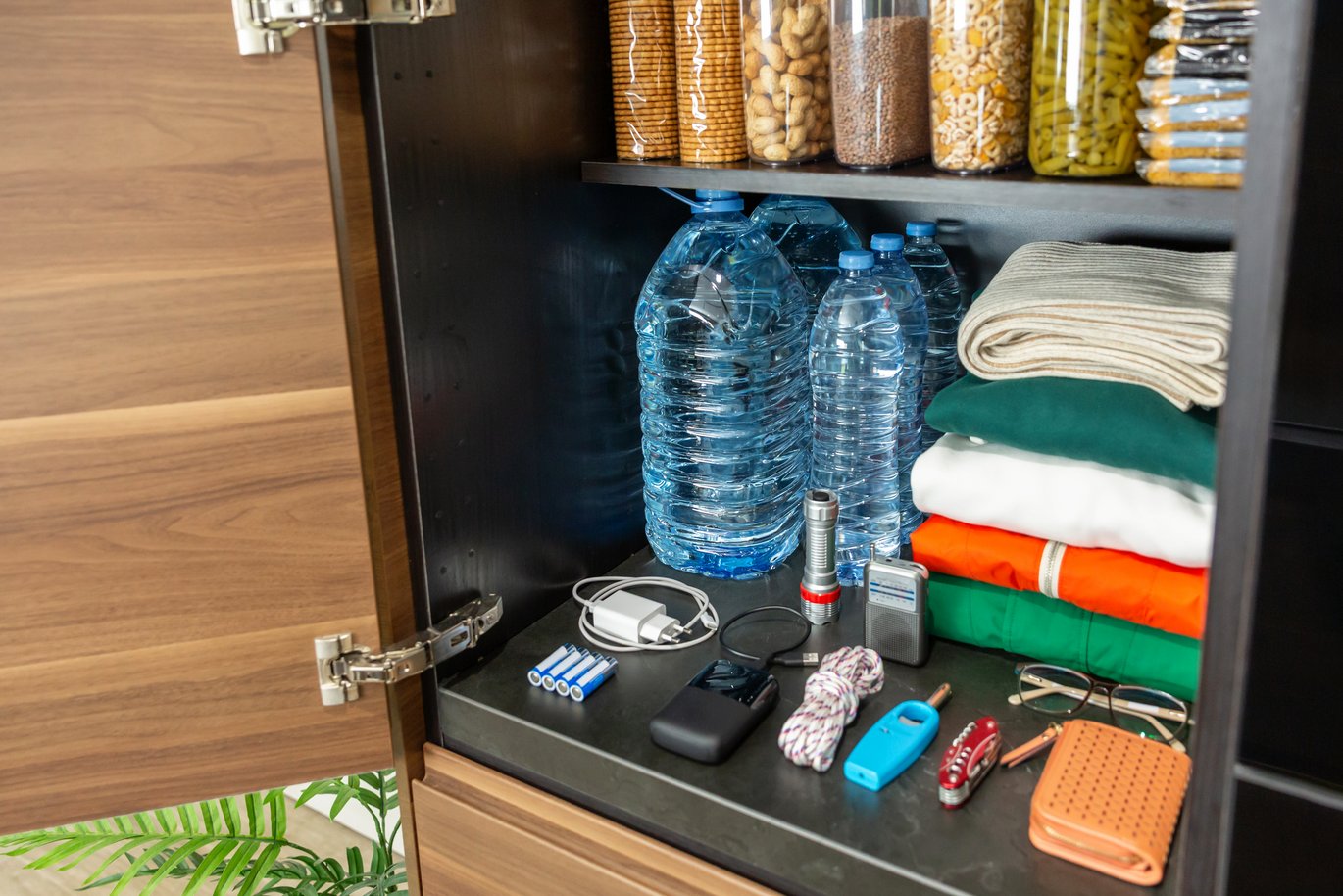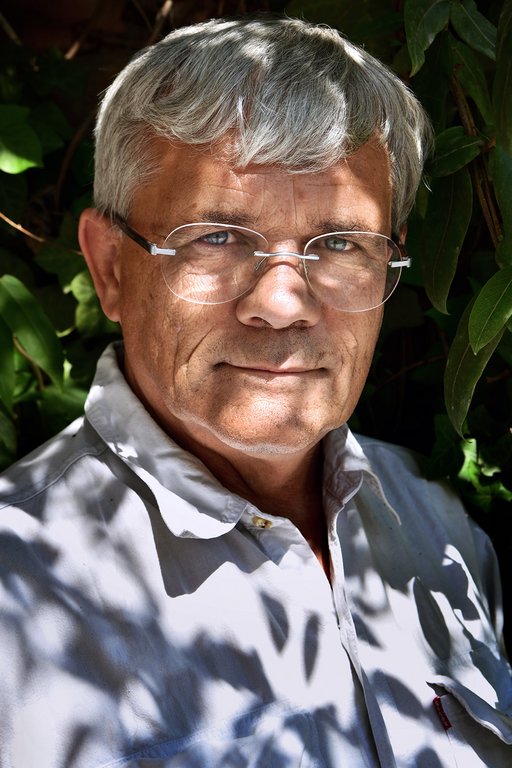COLUMN: Peter hasn’t prepped. Have you? And how about AU?
Imagine that the power stops flowing from the sockets. As was the case recently with the major power outage in Spain. Associate Professor Peter Bakker has dwelt a little on that scenario – he is not ready. Is AU?

This is an opinion piece, the views expressed in the column are the writer’s own.
"Confidence is wavering: Six out of ten Danes do not trust that the authorities are ready for terror, war and disasters." That’s how a headline on DR.dk read on 5 June 2025. Constitution Day.
The last few weeks I have been thinking a lot about electricity. When scientists invented this source of energy, it was asked: Funny, but what can it be used for? Now, we’re completely dependent on it. This observation is often, and rightly so, used to justify research where the usefulness can’t be directly seen.

Imagine being without electricity. A short time, as recently in Spain, or for a longer time, as in war-torn areas? One of the first things that armed forces try to sabotage is the enemy's power grid. Without electricity, not much can be done.
AT HOME
Let's start at home. I can't tell what time it is, because the only clocks we have are electric. I can't make tea, because I have an electric kettle and not an old-fashioned kettle that you put on the stove and listened to the whistle as the water boiled. I also can't boil water on the stove, because it’s also electric and doesn’t use gas. I can't cook for the same reason. I can't use the toilet because the pump that ensures the water supply also runs on electricity – for the same reason, there is no water in the tap either. I can't listen to the radio. We still have a CD player and CDs, but you can't use or listen to them. My phone and computer die the same day, and the charged power bank can, at most, postpone their definitive death for a few days. We have a lot of food, but mostly in the fridge and freezer, which, after a few days without electricity, is destroyed. I can't call anyone and not be entertained by (a)social media. No comedy, no newspapers, no lying influencers, no dancing on TikTok. If I go out, I can't get back into my house because the lock system is electric. I also can't ring the bell at my neighbours so they can let me in. In short, no water, no toilet, no food, no music, no entertainment on screen and – if I go out – no access to my accommodation.
IN THE CITY
If I go out into the city anyway, I can't buy anything. Many shops, especially supermarkets, can’t open their doors because they rely on electricity. You can't pay anyway either. Credit cards can’t be used. MobilePay doesn’t work. Neither do ATMs. You don’t keep cash in the house anymore. You can't fuel the car because the petrol pump is electric. Many can’t find their way without GPS.
AT WORK
What would the situation be like if I went to work? To enter my building, it requires electricity for the door to open. I don't use the elevator, but it won't work either. If, despite this, I manage to get into the building and into my office, the phone and computer won’t be usable as soon as the batteries are exhausted. You can neither borrow nor return library books. Physical books are hard to come by. For the mobile shelving, an electric solution was originally chosen, which now leads to a situation where only 5 percent of the Nobel Park's library will be accessible. But it’s certainly a lot more than what applies to digital books, where zero percent would be available. Omnibus is no longer available. I also don't think that air purification, water supply, toilets and heating regulation work without electricity. We can neither copy nor scan. No email, no Eduroam. Colleagues regret throwing away their books, journals and papers. Our digital databases are inaccessible. Lock codes don't work anymore. In the laboratories, the freezers stop working, and bacteria, viruses, cell samples and other research material are destroyed. We can’t get our salaries. A large part of the world's knowledge, entertainment and administrative databases exist only in the form of zeros and ones in digital archives, which in the worst scenario completely disappear from the face of the earth.
WHAT SHOULD WE DO?
How many of us have a water tank with water for three days, candles and a transistor radio that runs on batteries? I have nothing, just some random candles. I’m also surprised that people trust that they can hear information from the authorities, because isn't the media's transmission system also dependent on electricity? Maybe DR has an emergency generator, just like the hospitals? But what about AU – has the university prepped?
This text is machine translated and post-edited by Cecillia Jensen

